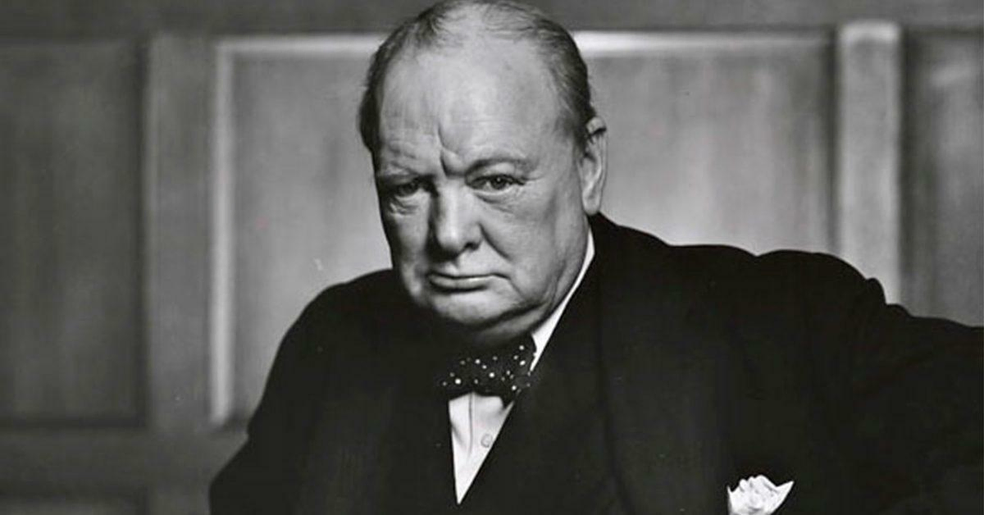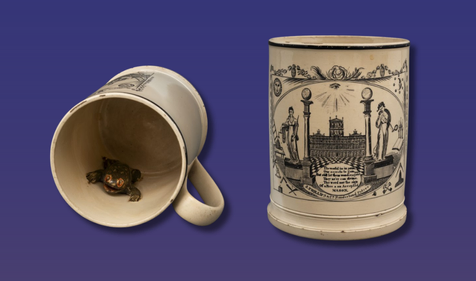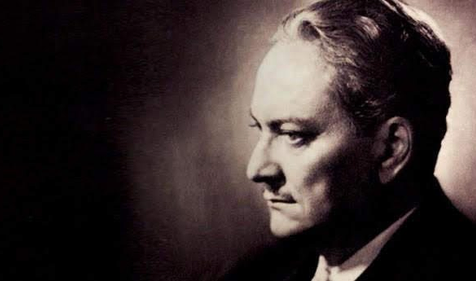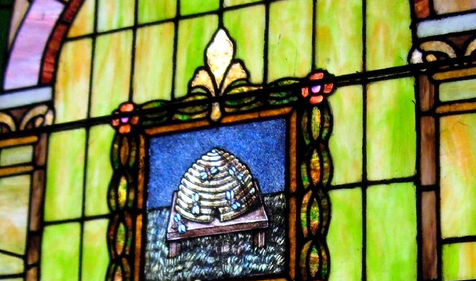A writer, soldier, Prime Minister of England and Freemason, Winston Churchill remains a matchless, venerated figure in world history.
As Freemasons, we are men striving always to be better. Our desire to become part of and contribute to something bigger than ourselves defines us. Our continuous drive to make our communities and the world around us a better place has inspired men for generations.
Freemasons have long been known to make great leaders. Countless heads of state, businessmen, and diplomats have joined our ranks throughout the centuries, guided by the three tenets of Freemasonry: brotherly love, relief, and truth. Among these men, few have impacted world history as much as the inimitable Winston Spencer Churchill.
While he is best known as the Prime Minister of England during World War II, Churchill was many things in truth. He was a soldier, an artist, a prolific writer, a statesman – and yes – a Freemason. Brother Churchill was steadfast and courageous when his country and the whole western world needed it most. His unwavering leadership during the most significant crises the world has ever known remains an inspiration to people around the world today.
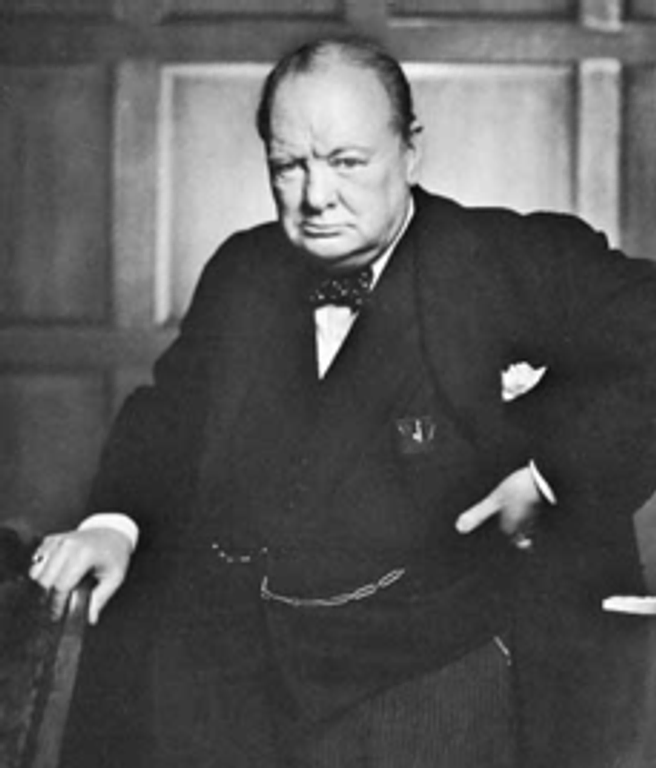
Early Life
Sir Winston Leonard Spencer Churchill was born on November 30th, 1874, in Oxfordshire, England, at his family's ancestral home, Blenheim Palace. The Dukes of Marlborough's direct descendants, his family resided among the highest levels of the British aristocracy. Winston's father, Lord Randolph Henry Spencer Churchill, was Conservative Member of Parliament for Woodstock and his mother, Jennie, was the daughter of American entrepreneur Leonard Jerome.
Young Winston studied at the Harrow School, where he displayed an aptitude for English and history. After completing his schooling, he enrolled in the Royal Military Academy Sandhurst before joining the army as a second lieutenant in the 4th Queen's Own Hussars cavalry regiment in 1895.
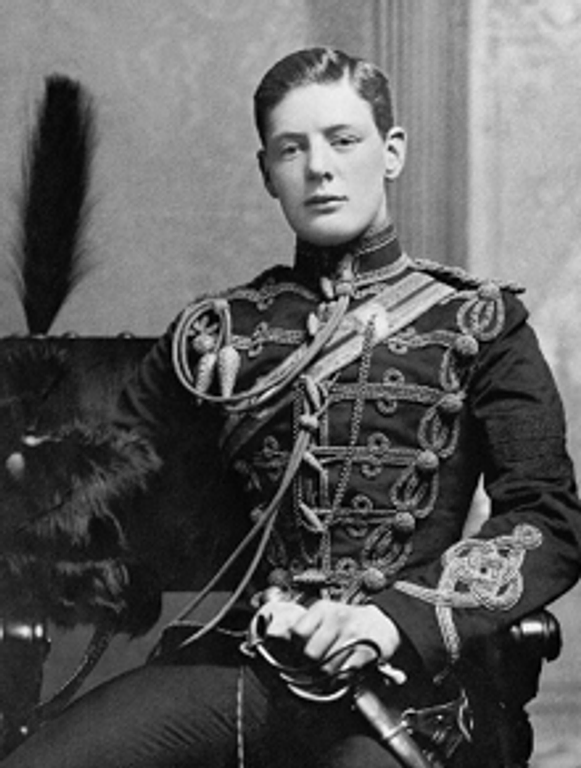
Churchill spent the next six years crisscrossing the globe, first traveling to Cuba to report on the Spanish battles against Cuban guerillas. After a brief stay in New York, he was stationed in India, where he served as both a soldier and a journalist during the Pathan Revolt on the Northwest Frontier. In late 1897, he wrote his first book, The Story of the Malakand Field Force. His passion for writing blossomed, and when he was moved in 1898 to Sudan to serve in General Kitchener's campaign in Sudan as a 21st Lancers, he doubled as a journalist for The Morning Post.
By the age of 25, Winston had seen the world as a soldier, become a published author, and completed stints as a journalist. In 1899, he left the military and endeavored to launch his political career. He succeeded and in the next year was elected as the Conservative member of Britain's Parliament for Oldham.
Masonic Career
Freemasonry was popular among the upper class of England at the beginning of the 20th century. In fact, in 1901, when Churchill was initiated into the fraternity, Prince Edward VII, then the Prince of Wales who would later become King Edward VII, had recently become Grand Master of the United Grand Lodge of England.
Churchill, who himself descended from a line of Masons, was initiated into Studholme Lodge No. 1591 (known today as United Studholme Alliance Lodge) on May 24th, 1901. Two months later, he completed his Fellowcraft degree and was raised as a Master Mason the following year on March 5th, 1902.
At that time in his life, Churchill was beginning his ascent through England's political machine. His ambition and devotion to the government prevented him from taking much of a role in the brotherhood's activities. Nevertheless, Brother Churchill's conduct and leadership in the years to come were reflective of the Masonic pledge to live a life of integrity.
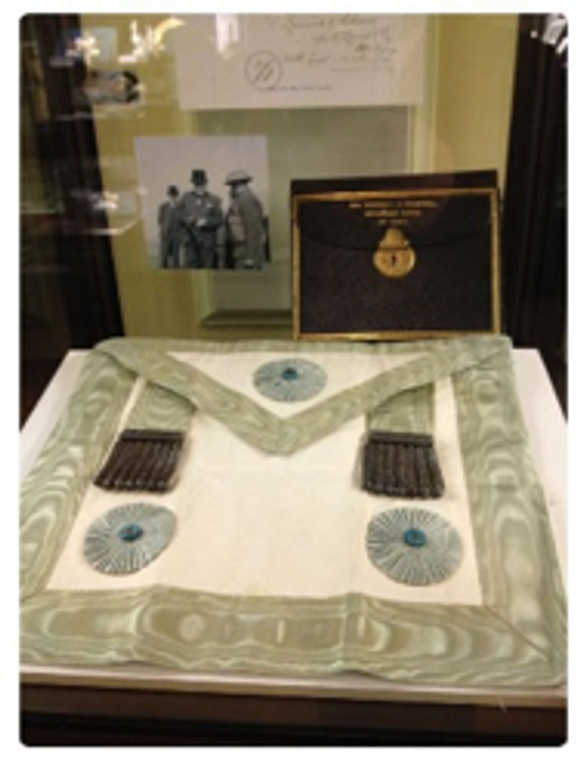
Family & Politics & World War I
Newly elected to Parliament, his self-assured manner and charm quickly made him a notable personality in the House of Commons. In 1904 he crossed the floor and joined the Liberal Party out of his opposition to the Conservatives' Aliens Bill, which intended to stem Jewish migration to England. Over the next decade, he held prominent positions, including the President of the Board of Trade, Home Secretary, and was made the First Lord of the Admiralty in 1911.
It was also during this time that he married Clementine Hozier in September 1908. Diana, their first child, was born in July 1909; the second, Randolph, in May 1911. Sarah, their third, in October 1914, and their fourth, Marigold, in November. In September 1922, the Churchills' last child, Mary, was born. The Churchills bought their home, Chartwell, that same month and would live there for the remainder of their lives.
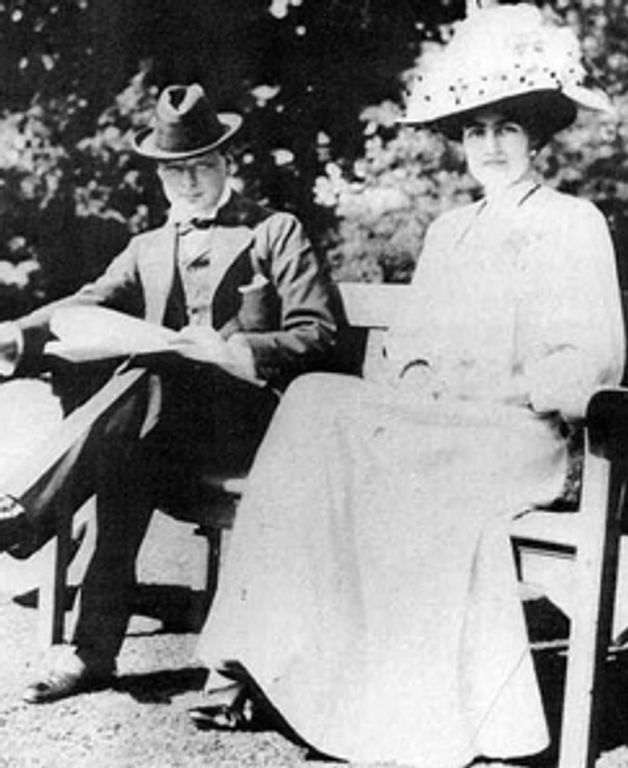
World War I
During his time with the Admiralty, Churchill recognized in Germany a growing threat. In the years leading up to the first World War, he focused mainly on building up and preparing the British navy. After the war officially began in 1915, Winston resigned from his position to rejoin the army and serve in France before returning to Parliament a year later. As the war raged on, he was appointed the Minister of Munitions. He spearheaded the development and production of the tank, which would ultimately have a significant impact on the war.
After the war ended, Churchill acted as the Secretary of War and Air and then as Secretary of State for the Colonies before leaving government altogether for some time while he focused on painting and writing his memoirs.
World War II
In the years leading up to the second World War, Churchill was acutely aware of Hitler's threat. Yet, warnings to the British government, including Prime Minister Neville Chamberlain, went unheeded. In September 1938, after England entered the Munich Agreement with Hitler, Churchill referred to the agreement as "a total and unmitigated defeat." A year later, Britain declared war on Germany, and Chamberlain made Churchill once again the First Lord of the Admiralty.
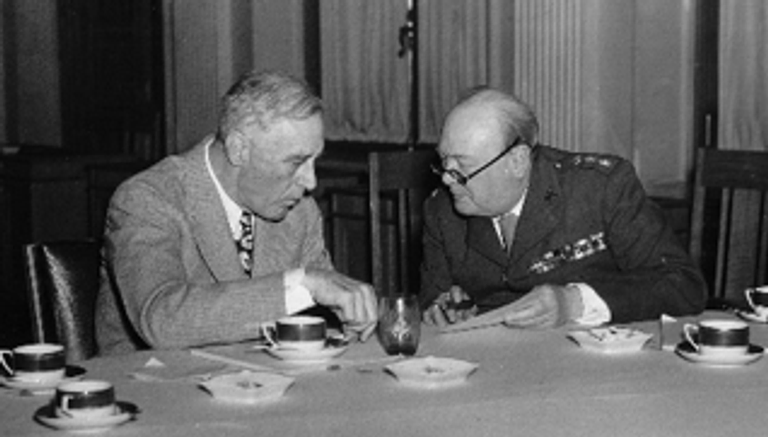
Ultimately, Chamberlain would resign due to his failing health, and, now the de-facto leader of his party, Churchill took over as Prime Minister and formed an all-party government. The decades of military and government experience had prepared him for this moment. Churchill took an aggressive approach against the Nazis, refusing to negotiate with them and inspiring Britain's people with moving speeches throughout the Battle for Britain.
As the war raged on and grew, the United States and other allies were pulled into the fight. In 1944, the Allies persevered and toppled the Nazi regime. Churchill played an instrumental role in leading the Allies to victory and cemented himself in history as an unflagging leader during world history's largest conflict.
After the war
True to form, Winston continued his service to England in the years following the war. Despite losing re-election as Prime Minister in 1945, he was re-elected in 1951 before retiring in 1955 as his health waned. Bro. Churchill passed away in 1965. By Royal Decree, he was given a State Funeral at St. Paul's Cathedral, and he was buried in his family plot near Woodstock.
His remarkable life and accomplishments garnered him dozens of honors, including a Nobel Peace Prize and 37 orders, decorations, and medals. Through it all, Clementine and Winston remained married for 57 years.
Even though he resigned from his lodge in 1912, Churchill retained his membership in the Craft. Today, Churchill's Masonic apron is on public display at the Museum of Freemasonry at the United Grand Lodge of England. He remains an international hero and symbol of pride for all Freemasons endeavoring to uphold our great fraternity's values.
Related Stories
Discover additional Scottish Rite blogs and news on this topic.
-
A Jolly Masonic Mug
History
Read More about A Jolly Masonic Mug
-
Manly P. Hall: Philosopher, Mystic, and Freemason
Famous Masons
Read More about Manly P. Hall: Philosopher, Mystic, and Freemason
-
What Does the Beehive Mean in Freemasonry?
Degrees
Read More about What Does the Beehive Mean in Freemasonry?
